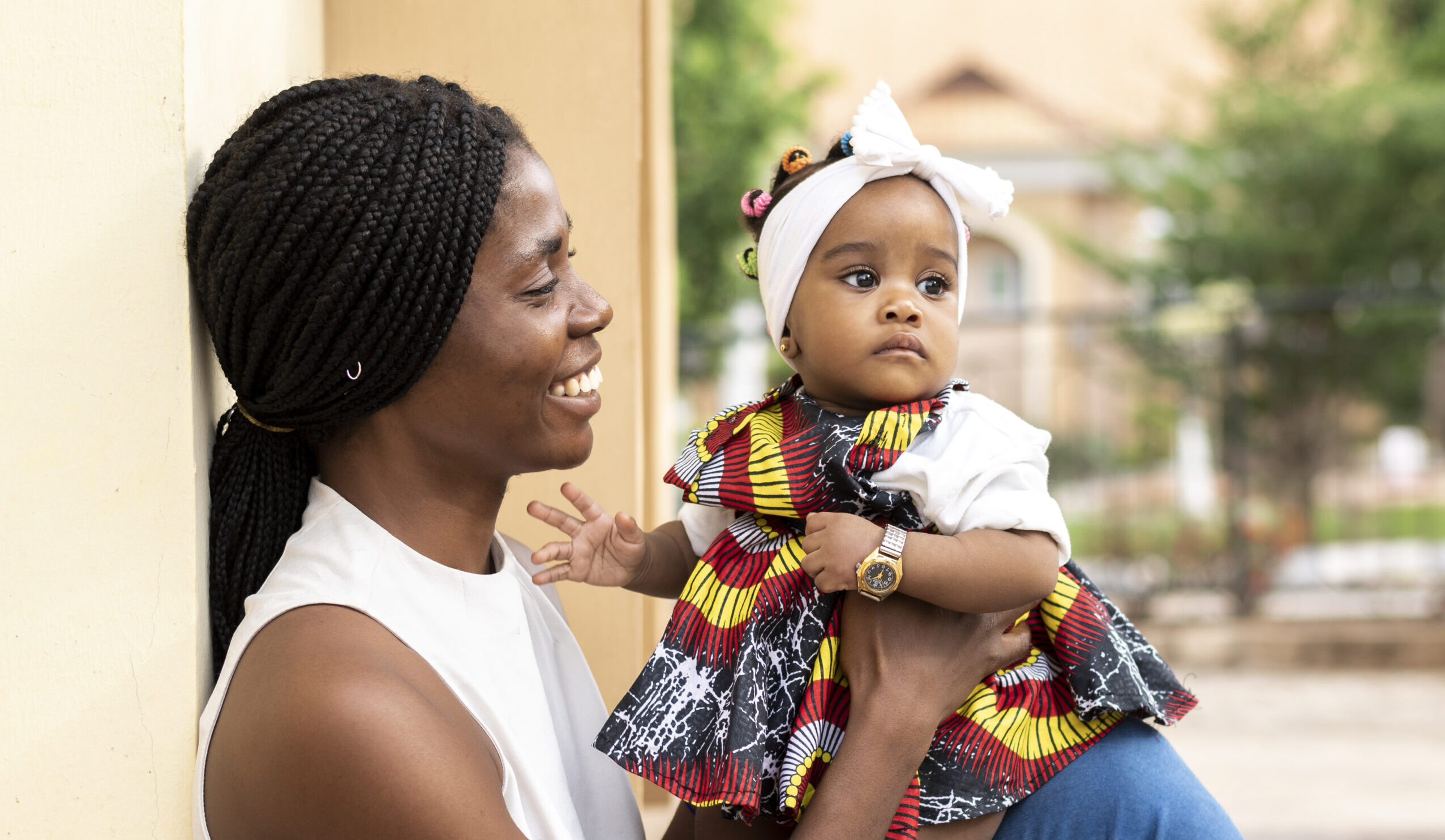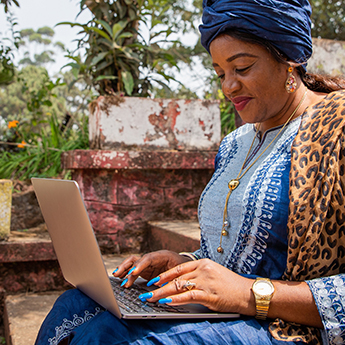
News
Elevating Social and Behavior Change as an Essential Component of Family Planning Programs
August 6, 2021
FP2030 in the Media
Previous

Ghana: Don’t deny adolescents of family planning s...
Next

Nigeria: Ministry urges media to create more aware...
Source: Wiley Online Library
Topics:
Building 2030
FP2030 Sr. Advisor for High Impact Practices in Family Planning, Laura Raney, and Joanna Skinner, Hope Hempstone, Christine Galavotti, Benedict Light, Michelle Weinberger, and Lynn Van Lith
The global family planning community has made significant progress towards enabling 120 million more women and girls to use contraceptives by 2020, though we enter the decade ahead with a long road yet to travel. While investment in strong health systems and supply chains is still needed, the supply-driven approach dominant in family planning fails to address the individual, relational, and social barriers faced by women and couples in achieving their reproductive intentions and desired family size. Overcoming these barriers will require a better understanding of behavioral drivers and the social environment in which family planning decisions are made, and an increased investment in the proven, yet underutilized, approach of social and behavior change (SBC). The authors make the case that a more intentional focus on the science of human behavior in family planning can help advance the achievement of global, regional, and national goals while also calling for strategic and sustained investment that reflects the critical importance and proven impact of SBC approaches.








